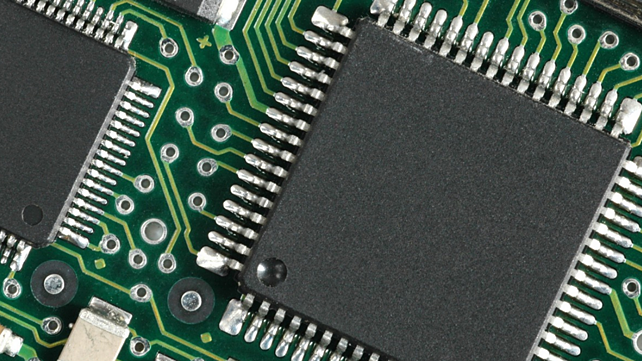
The auto industry globally is facing a severe shortage of semiconductors, and India is no different.
Most carmakers in India are struggling to streamline their production because of the missing chips. Maruti Suzuki India, for instance, has cut production by up to 30-40% in August owing the shortage of chips. And all of this at a time when people in India are lining up to buy cars at dealerships.
This was one of the foremost topics to be discussed at the 61st annual convention of the Automotive Components Manufacturers Association (ACMA) on August 26, 2021.
Prashanth Doreswamy, Country Head, Continental India and MD, Continental Automotive expected the situation with semiconductors to improve starting Q3 this year, “but looking at the crisis, I think it will go on till 2022 and maybe some part of 2023.”
In order to mitigate the risk, Doreswamy asserted that the industry needs to revisit the policy, reduce reliance on one single foundry. There is also a need to balance the supply-demand situation by maintaining some amount of chip manufacturing in-house, and sourcing some from global suppliers, he said.
To put things in perspective, automakers are of the view that semiconductor demand from the auto sector is just 7-10% of the total demand of semiconductors.
“We need to do a lot more than just the industry coming together. What we have to do is to work collaboratively with the suppliers, who currently exist. We need to reach out to them together and separately, to ensure that we get our fair share of the whole mix,” said Vipin Sondhi, Vice President, SIAM and MD & CEO, Ashok Leyland.
Industry veteran Ashok Taneja, MD & Chief Mentor, Shriram Pistons & Rings said in the short term, there is no possibility of any semiconductor manufacturing in India. As far as the medium and long term is concerned, semiconductor manufacturing will happen in India only when some industrial house takes a very big bet. “You need to work at very high capacities of 90% plus, in order to make money in this business,” he said.
Sunil Kakkar, Chairperson, SIAM Atmanirbhar Sourcing Group and Senior Executive Director, Maruti Suzuki India spoke about how MSIL approached this crisis. While the company had a lot of discussions with its Tier I suppliers, including semiconductor makers, the effort was to explore and understand what sort of model mix was possible to continue producing vehicles.
Hemant Sikka, President, Farm & Equipment Sector, Mahindra & Mahindra said at present semiconductors are like oil. “These are like precious metals, and we can't depend on other countries to finally choke us someday. And these can be because of geopolitical risks, or pandemics of the future,” he said.
In conclusion
To become a global manufacturing hub, Indian auto component suppliers would not just need to localise the components, but design and develop in India, said the experts. That will ensure issues like shortage of semiconductors does not creep in the future. But all this can only happen with a collaborative approach of the industry along with supporting policies in order to reduce dependency on one particular source or country.